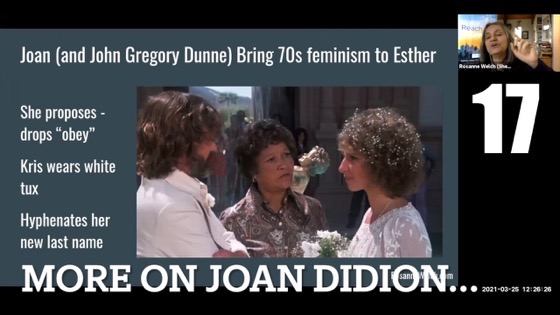Many thanks to Janice Law of the American Women Writers National Museum who invited me to give a short talk on The Women of Early TV.
I enjoyed sharing the names and careers of women like Peg Lynch, Gertrude Berg, Selma Diamond, and D.C. Fontana to the members who gathered on Zoom last Wednesday morning. There are so many more I could have talked about whose names don’t appear in mainstream books about the history of television so we have to learn who they are and carry those names forward ourselves. It’s one of the missions of the Stephens College MFA in TV and Screenwriting – and has been one of my missions all my life.

Transcript:
However, those two ladies were so important to the creation of Rose Marie — this character on the beloved Dick Van Dyke Show. This is one of the most important characters really in television history and many many female tv writers today will tell you that they knew this job was possible because they saw her do it on the fictional Dick Van Dyke Show and The Dick Van Dyke Show was a fictionalization of the staff writing for Sid Caesar right? Carl Reiner’s character is meant to be a personification of that. So these are the typical gentlemen who worked for him and she is a representation of Lucille and Selma Diamond sort of wrapped together. A woman who never got married right? Couldn’t find a guy. This is a very stereotypical vision of a career gal as they would say back in the day but she inspired many many women all the way up through Tina Fey and I think it’s always important to think about the power of television. One of my favorite stories has nothing to do with tv writers but to do with a Supreme Court Justice Sonia Sotomayor, who says she learned that she could be a lawyer someday by watching Perry Mason as a child. She learned that lawyers existed and that it was a job that required college and so she did well in school so that she could move forward and look she’s on the Supreme Court today. So television has a lot of power and the visuals women see on television are very very important to the ideas. You have to see it so that you can be it right? So Rose Marie stands for a lot of things — a representation of the women who truly did come before her and an inspiration to the women who came after.
Many thanks to Janice Law of the American Women Writers National Museum who invited me to give a short talk on The Women of Early TV.
I enjoyed sharing the names and careers of women like Peg Lynch, Gertrude Berg, Selma Diamond, and D.C. Fontana to the members who gathered on Zoom last Wednesday morning. There are so many more I could have talked about whose names don’t appear in mainstream books about the history of television so we have to learn who they are and carry those names forward ourselves. It’s one of the missions of the Stephens College MFA in TV and Screenwriting – and has been one of my missions all my life.
Watch this entire presentation
Women pioneers who created, produced, or shepherded many of America’s most wildly popular, early television programs will be profiled by Dr. Rosanne Welch.
Podcast: Play in new window | Download
Subscribe: RSS
![05 The Missing Women Part 2 From Women in Early TV for the American Women Writers National Museum [Video]](https://rosannewelch.com/wp-content/uploads/2022/01/rmw-visible-stars-early-tv-06.jpg)

![31 More On My Worst Pitch Meeting from Worry and Wonder | The Courier Thirteen Podcast [Video]](https://rosannewelch.com/wp-content/uploads/2022/01/rmw-courier-13-31.jpg)
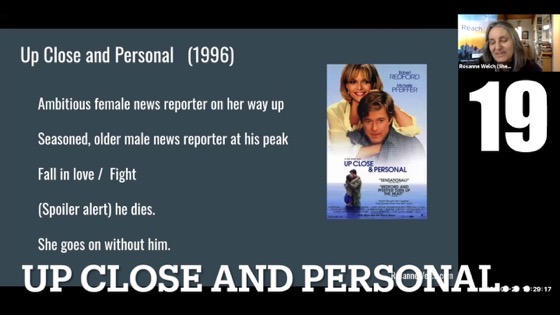
![05 The Missing Women From Women in Early TV for the American Women Writers National Museum [Video]](https://rosannewelch.com/wp-content/uploads/2022/01/rmw-visible-stars-early-tv-05.jpg)
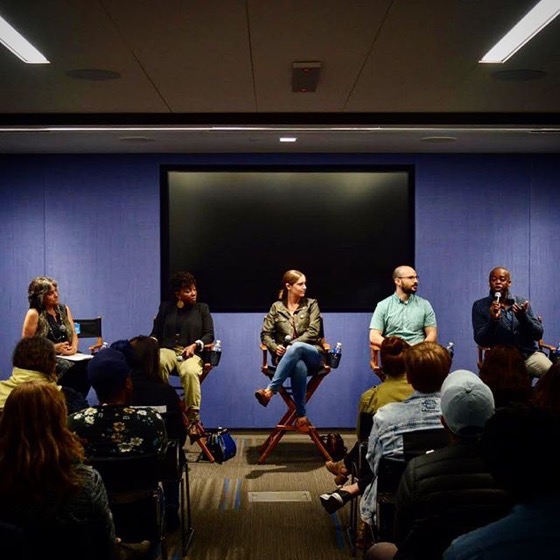


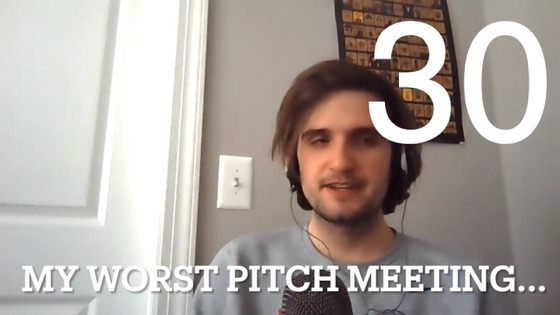
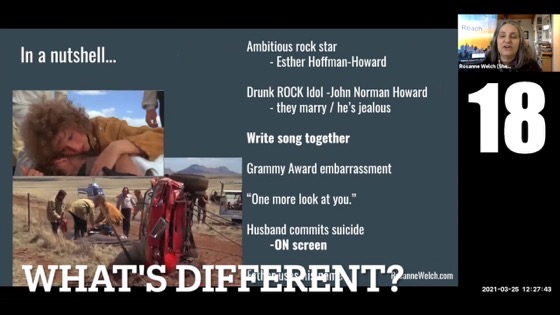
![04 Selma Diamond From Women in Early TV for the American Women Writers National Museum [Video]](https://rosannewelch.com/wp-content/uploads/2021/12/rmw-visible-stars-early-tv-04.jpg)
![29 Executives and Writers from Worry and Wonder | The Courier Thirteen Podcast [Video]](https://rosannewelch.com/wp-content/uploads/2021/12/rmw-courier-13-29.jpg)
